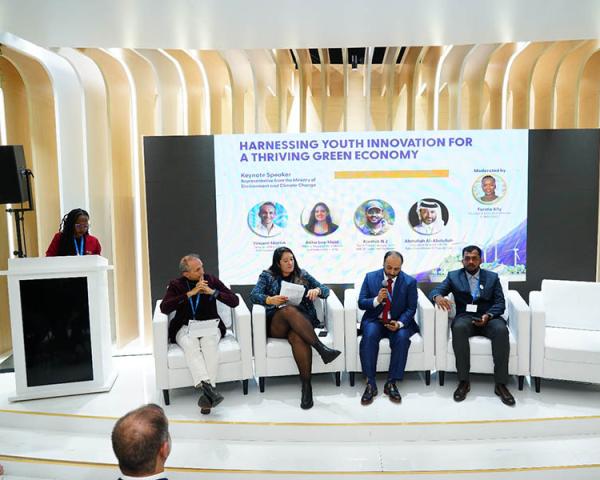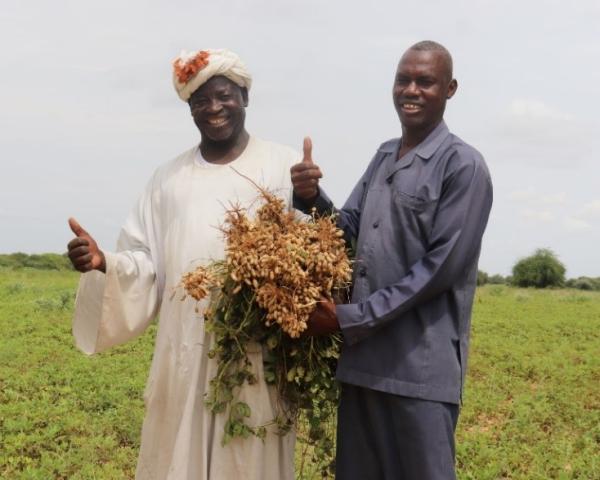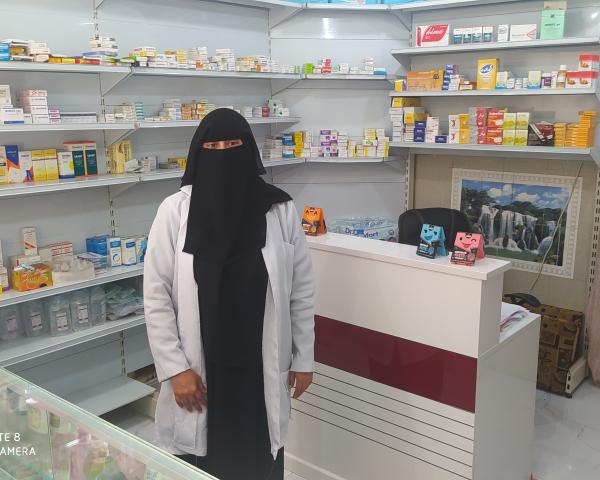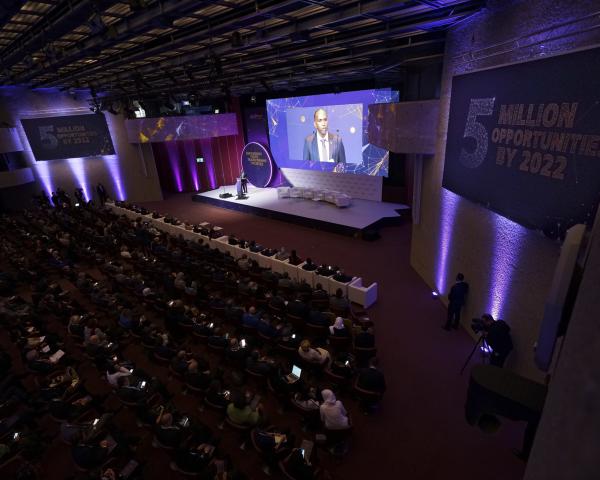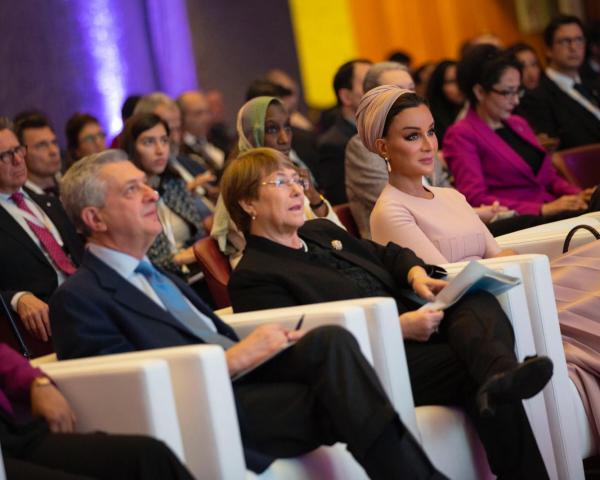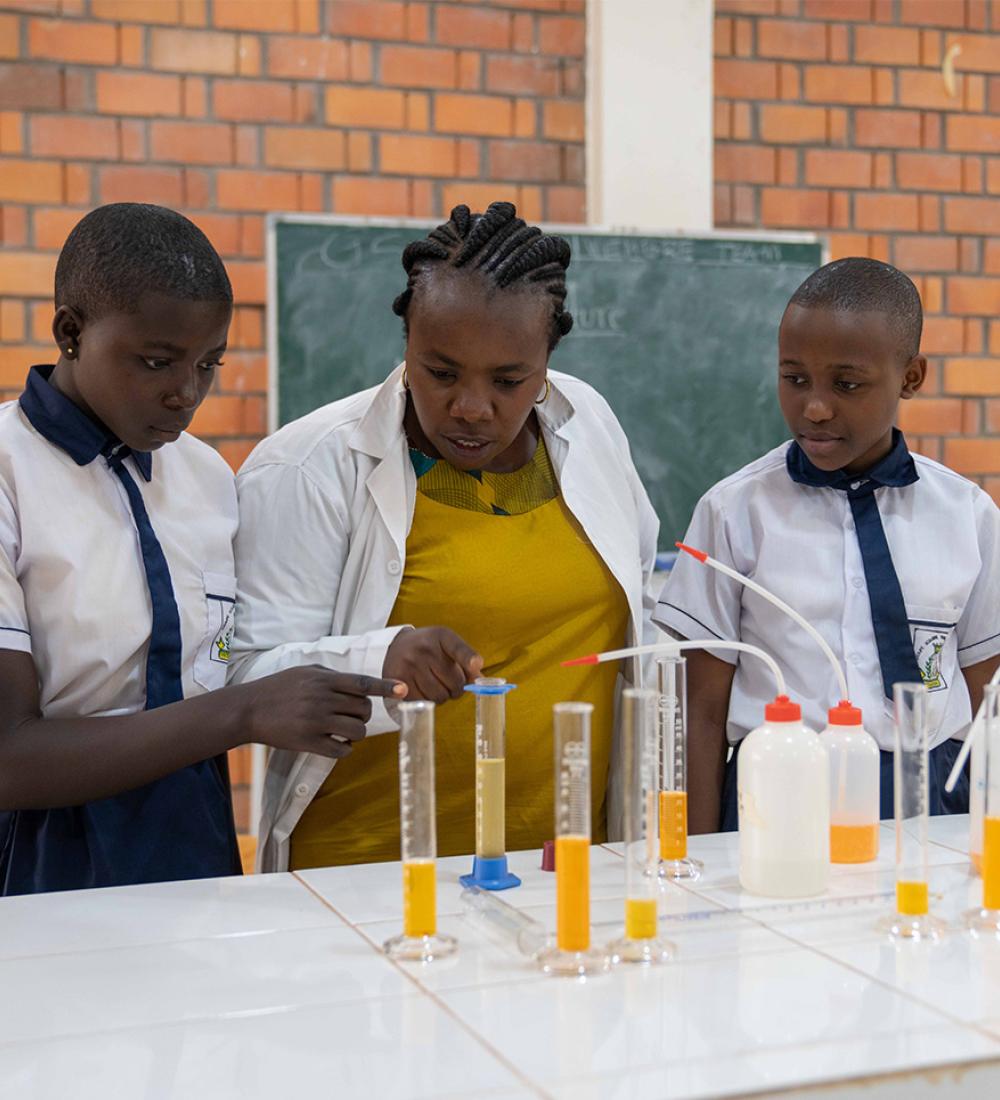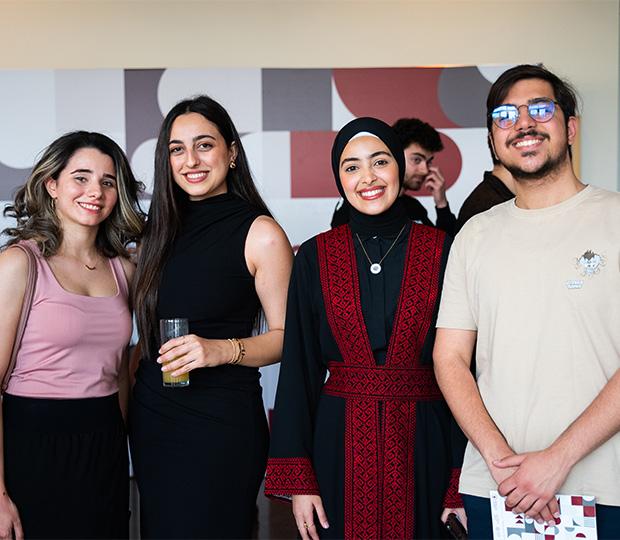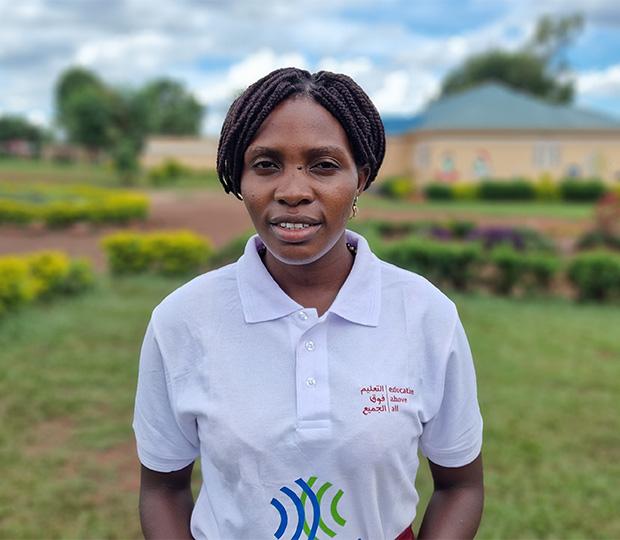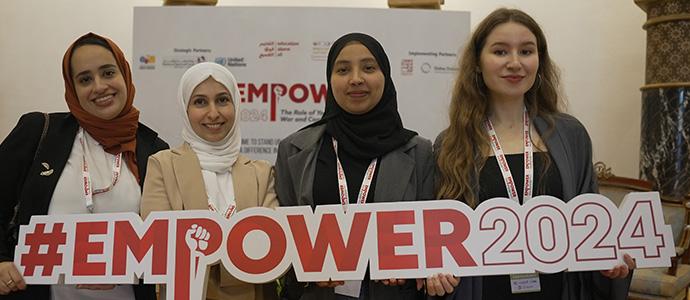The Ministry of Foreign Affairs of Qatar, Silatech and the World Health Organization hold high-level side event at the United Nations General Assembly to accelerate work on the projected global shortage of health workers
The event concluded with participants agreeing to invest in human capital in the global health sector
Silatech and the World Health Organization have partnered with the Ministry for Foreign Affairs in Qatar hosted a high-level strategy event and panel discussion on the margins of the UN General Assembly to accelerate action on the projected global shortfall of 18 million health workers by 2030.
The high-level event, “Investing in education, skills and jobs in the health sector,” was attended by ministers of health, economy and development, representatives of governments, international development organizations, United Nations organizations, health-care representatives, international financial institutions and permanent representatives to the United Nations. Each stressed in their contributions that investment in healthcare would help achieve global economic and social development.
HE. Mr. Soltan bin Saad Al-Muraikhi, the State Minister for Foreign Affairs, former President of Liberia and Nobel laureate Ellen Johnson Sirleaf, Norwegian Minister of Health Mr. Bent Høie.
HE. Mr. Soltan bin Saad Al-Muraikhi, the State Minister for Foreign Affairs, said at the outset of his speech that: “Qatar’s aspiration has been and remains a leading role in contributing to the achievement of the sustainable development goals at the local, regional and international level, and by providing effective support in the face of humanitarian and economic challenges and crises, and that it works in solidarity with international efforts aimed at promoting security and peace and ensuring a decent life for people.”
“I appreciate the efforts of the WHO in its active pursuit for this challenge and in taking deliberate and comprehensive steps, mobilizing attention to finding solutions to reduce the impact of this challenge in real time and address it in the future, and I welcome the cooperation that you have with Silatech in the “Working for Health” programme, which aims at achieving about 1.9 million jobs in 2022 in Africa, and which will also contribute to providing workforce for the health sector, it will also provide employment opportunities for young men and women and will drive economic development forward.”
The opening session was followed by a panel discussion that included the CEO of Silatech, Ms. Sabah El-Haidoos, the Director General of the World Health Organization, Dr. Tedros Adhanom Gebreisos, Vice President of the European Investment Bank, Mr. Ambroise Fayol, Mr. Mohamed Ali Pate, Director of the International Finance Unit for Women, Children and Adolescents of the World Bank. Speakers at this session highlighted the importance of promoting education and skills development for young people in the health sector, especially women.
Ms. Sabah El-Haidoos, the CEO of Silatech spoke about the ambitious plans that Silatech has put in place to train and develop young people to help bridge the health worker gap: “It is through Silatech’s operating model of working with a multitude of partners including governments, private sector, NGOs, international multilateral and bilateral organisations, with each partner bringing unique resources, insights and solutions that we’ve been able to create over 1.4 million jobs for youth in 17 countries to date, and we have committed to creating with our partners over 5 million jobs in total by the end of 2022.”
“Working with WHO on the Working for Health Programme was a very organic extension to the work we do. The partnership with the ‘Working for Health’ programme is based on our interest in providing quality training and education to fill the health worker gap and increase the output of qualified doctors, nurses, midwives and other healthcare workers. We are in solidarity with the World Health Organization in supporting the program’s objectives in improving access to quality health and social care services, providing decent employment that is essential to poverty eradication, promoting social cohesion and stability and achieving prosperity.” Ms. Al Haidoos added.
Participants at the event agreed to find creative ways to train health workers and better coordination between all stakeholders.
In this regard, the WHO director general Dr. Tedros Adhanom Ghebreyesus stressed that the health workforce is an essential key to achieve universal health coverage.
“The current 18 million gap shows that there’s a serious problem which has to be tackled and to address this problem, there has to be solutions including training in big numbers, with quality and retaining them. The training must be provided fast and it should be done in innovative ways.” Ghebreyesus added.
The former president of Liberia H.E Ms. Ellen Johnson Sirleaf echoed Dr. Tedros’s sentiment by adding, “If we do not bridge the 18 million health worker gap, it would mean that we miss out on 18 million opportunities for economic empowerment and dignified employment, and we cannot let this happen”.
Johnson Sirleaf added, “To achieve the commitments of Universal Health Care, it is necessary to invest in health workforce and the primary health care systems that support them. This requires long term innovative financial investments that cover high capital costs. One way to do this is to engage international financial institutions and philanthropic foundations as key partners to co-invest alongside governments in the education and employment of healthcare workers.”
The Norwegian Minister of Health H.E Mr. Bent Høie stressed the urgency of spending on health workforce training as it a key to achieving Universal Health Coverage.
“We have to invest more in health workers and change the narrative. Spending on education and skills of health workers is not a cost, it’s an investment with high returns and a driver for wellbeing and health for all, for gender equality, for growth and decent work. The health sector is increasingly becoming an important entry point for women into the formal labor market. The investment in health and social sector will directly and indirectly lead to improvements in women and children health.”
The high-level side event underscored the fact that spending on the education and skills of the health workforce is an investment with tremendous benefits. These would replicate and go on to help achieve several Sustainable Development Goals, the third goal “good health and well-being”, the fourth goal “quality education”, the fifth goal “gender equality” and the eighth goal “decent work and economic growth.”






